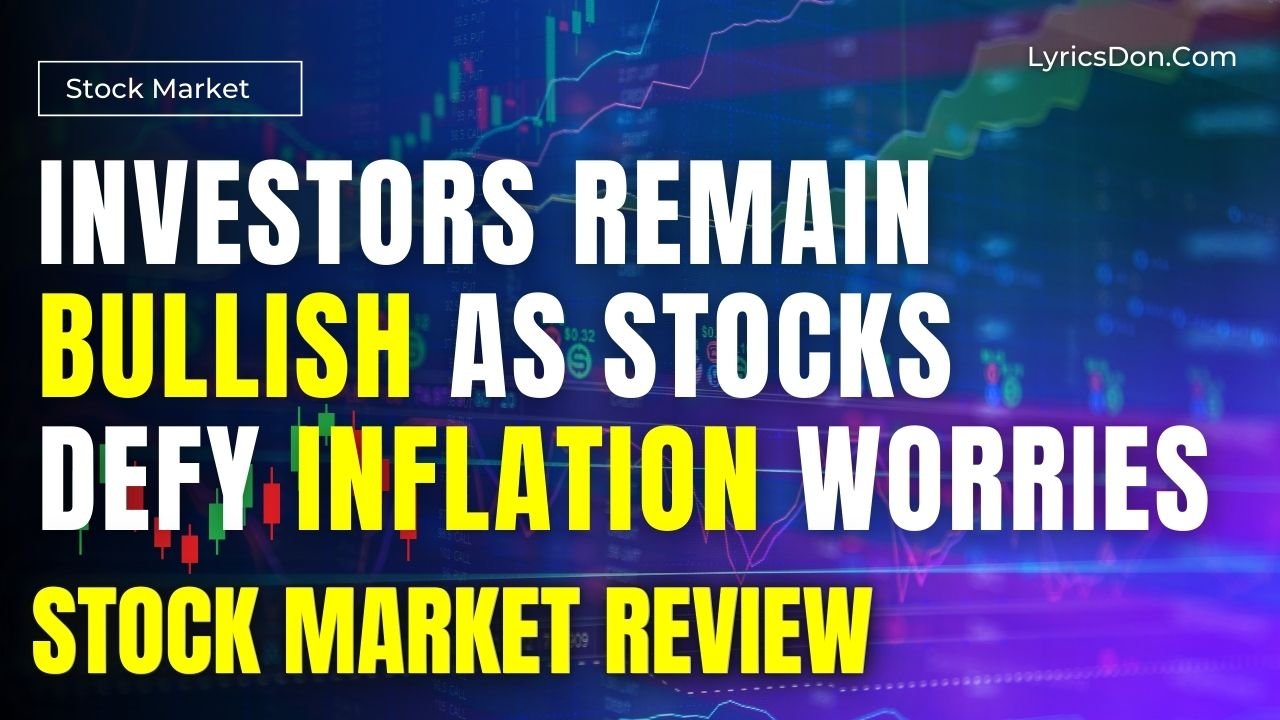Stocks Push Higher Despite Inflation Concerns
Investors displayed resilience in the face of mounting inflation concerns on Thursday, as they continued to buy into the market. Their belief in a robust U.S. consumer base and a steadfast labor market underpinned this confidence.
Thursday brought a wave of economic news: Consumer spending exceeded expectations in August, suppliers contended with rising costs, and the European Central Bank made history by raising interest rates to their highest level ever.
Traders, who had been anxious that persistent inflation might prompt the Federal Reserve to implement further rate hikes, found solace in the fact that the latest inflation uptick was mainly attributed to fuel costs—a factor the central bank tends to overlook. As a result, stocks registered gains across the board.
The S&P 500 climbed by 0.8%, with all 11 of its sectors closing in positive territory. The tech-heavy Nasdaq Composite also saw an uptick of 0.8%, while the Dow industrials surged by 1%.
Norwegian Cruise Lines and Carnival emerged as standout performers of the day, advancing by 5.7% and 4.1%, respectively, extending their year-to-date gains. Despite the looming threat of rising fuel expenses impacting profits for cruise operators, airlines, and other transportation companies, consumers continued to travel. Online travel firm Booking Holdings saw its shares rise by 2.6%.
Randy Frederick, Managing Director of Trading and Derivatives at Schwab, noted, “If consumers are employed and have money to spend, that should keep the economy away from deteriorating too much.”
Small-cap stocks and energy companies, typically sensitive to economic fluctuations, contributed to the market’s strength on Thursday. Marathon Oil gained 2.9%, and the Russell 2000 index saw a 1.4% increase.
British chip designer Arm Holdings closed at $63.59 after its initial public offering, priced at $51 per share, signaling positive sentiment in the IPO market and continued excitement surrounding AI. Electric-vehicle manufacturer Tesla also added 1.7% to its value during the day.
Reports on producer inflation and retail sales, combined with the consumer price index from the previous day, highlighted a surge in gas prices. U.S. oil futures reached above $90 per barrel for the first time since November. The last time oil prices were at this level, they were on a downward trajectory after Russia’s invasion of Ukraine.
Traders are currently speculating that the U.S. central bank will not raise rates at its upcoming meeting, but they still anticipate the possibility of a quarter-percentage-point hike by the end of the year. With consumer inflation data failing to deliver any major shocks and the labor market remaining historically tight, Wall Street is gaining a clearer picture of the direction of monetary policy, which is providing support to stocks, according to Frederick.
“Interest-rate certainty is a significant factor for small-cap companies with substantial debt,” he explained. “More certainty helps consumers and companies plan better, creating a favorable market environment.”
As economic data exceeded expectations, bond yields moved higher, causing prices to decline. Yields are currently at some of their highest levels since the 2008 financial crisis, indicating that bond investors remain cautious. The 10-year yield concluded at 4.289%.
Chris Zaccarelli, Chief Investment Officer for Independent Advisor Alliance, noted, “The bond market has spent most of the last two months worrying about persistent inflation and an economy that seems to be running hot, despite all of the Fed rate hikes. The most recent economic data does more to reinforce those fears than it does to dispel them.”
Overseas, the euro depreciated to its lowest level since March following the ECB’s rate hike. Officials hinted that this would likely be their tenth consecutive hike, limiting its impact on markets across the Atlantic. However, it triggered a rally in Eurozone bonds and a rapid depreciation of the euro. The UK’s FTSE 100 advanced by 2%, while the Stoxx Europe 50 saw a 1.6% increase, marking their strongest performance since November.
